Peter Dutton, Julian Leeser playing ugly politics in race to the bottom on Indigenous voice to parliament
For Peter Dutton, it’s quite a leap from being open minded to bloody mindedly opposed.
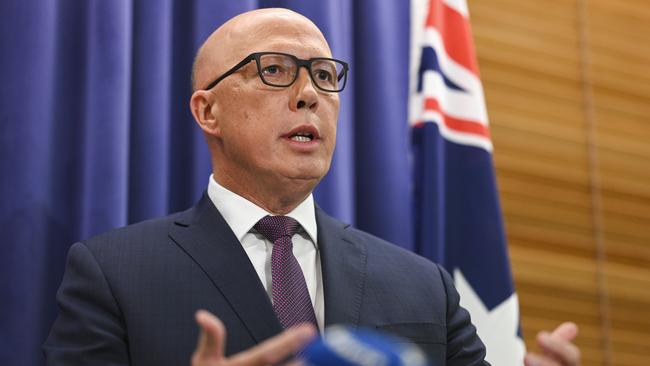
The past three Liberal prime ministers – Scott Morrison, Malcolm Turnbull and Tony Abbott – all opposed the voice and falsely claimed it would be a “third chamber” of parliament. (Turnbull has since changed his mind.)
Ken Wyatt, the former minister for Indigenous Australians who has now resigned from the party, twice took a “detailed plan” for the voice to cabinet but did not get support.
With such implacable opposition and a persistent campaign of misinformation, the best hope for the voice was for the Liberal Party to allow its MPs a free vote like the one John Howard supported for the republic referendum in 1999 and Turnbull permitted for the same-sex marriage postal plebiscite in 2017.
BEST OF VOICE OPINION: All our commentators weigh in on the Indigenous voice to parliament
But Peter Dutton could not bring himself to support a free vote of MPs, let alone lead his party to support the referendum. The result is that the Liberal Party will split, as backbenchers are not bound by the partyroom decision, and Dutton will campaign to defeat the referendum.
Dutton has chosen to oppose what was a conservative concept for recognition and play an ugly political game in a race to the bottom.
The Liberal Party has cemented itself as a reactionary conservative party that is fast sliding into irrelevance. The party is bleeding support from young people, women, migrants, aspirational families in their 20s and 30s, and professionals in their 40s and 50s. No wonder Liberals have lost once safe state and federal seats across the country. Newspoll this week showed the only cohort also opposed to the voice is Australians aged over 65 and retirees. This is the new base of the Liberal Party.
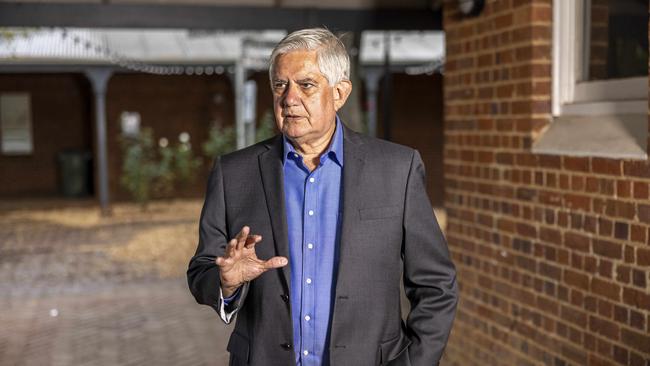
Since the last election, Dutton has played a game of pantomime on the voice. The Liberal Party was considering its position, he claimed, and had an open mind. But it was pure theatre.
He never had any intention of supporting the voice. Last week, the House of Representatives and the Senate established a joint select committee to examine the voice. It is only getting started, yet the Liberal Party has determined its position.
The referendum would establish an advisory committee known as the voice that “may” make representations to the government and parliament “on matters relating to Aboriginal and Torres Strait Islander peoples”. The parliament determines the “composition, functions, powers and procedures” of the voice. It will have no power to veto any decision, nor would consultation with the voice be compulsory.
The genius of the model is that parliament remains the supreme lawmaking body. Dutton could have insisted the Liberal Party support the referendum in a spirit of bipartisan reconciliation but with reservations. His qualification could have been that if the voice is not working effectively, then the Liberal Party would use the parliament to change it.
Instead, Dutton and his party have chosen not only to oppose the voice, but to wreck it.
He has dishonestly claimed it will be “the Prime Minister’s Canberra voice” that will establish “a big new bureaucracy” and spend “billions of dollars” that is “not going to resolve the issues on the ground in Indigenous communities”. It is quite a leap to go from being open minded to bloody mindedly opposed. In truth, the voice is a bottom-up process. It is about empowering communities and strengthening the interface with government to deliver better outcomes in health, education, housing, employment, justice, safety and more.
The voice would be a representative body with national membership. It would not have program functions or be able to allocate money.
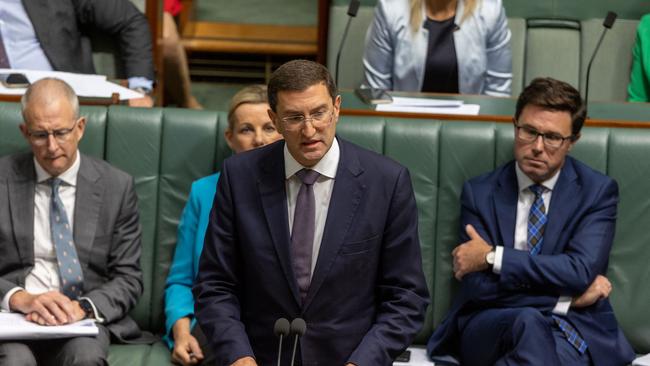
The voice is not Anthony Albanese’s proposal, as Dutton claims. The voice was the result of several consultation processes and multiple reports over many years. The Referendum Council led 13 Regional Dialogues with Indigenous Australians that were presented to the First Nations Constitutional Convention at Uluru in May 2017. The Uluru Statement, which included the voice proposal, was endorsed by more than 250 delegates at the convention.
Dutton says he supports constitutional recognition and also local and regional voices but not a national voice which is itself an act of constitutional recognition. Confused? Indigenous Australians do not want just symbolic constitutional recognition, as Dutton now proposes, but both: the practical and symbolic recognition that is encapsulated in the voice.
But the greatest betrayal of all is Julian Leeser, the opposition spokesman for Indigenous Australians, who was part of a group that developed the idea for a constitutionally enshrined voice with Noel Pearson and advocated it in many articles, essays and speeches. His objections and questions have been utterly duplicitous. Leeser is now conscripted to destroying the voice that he helped create.
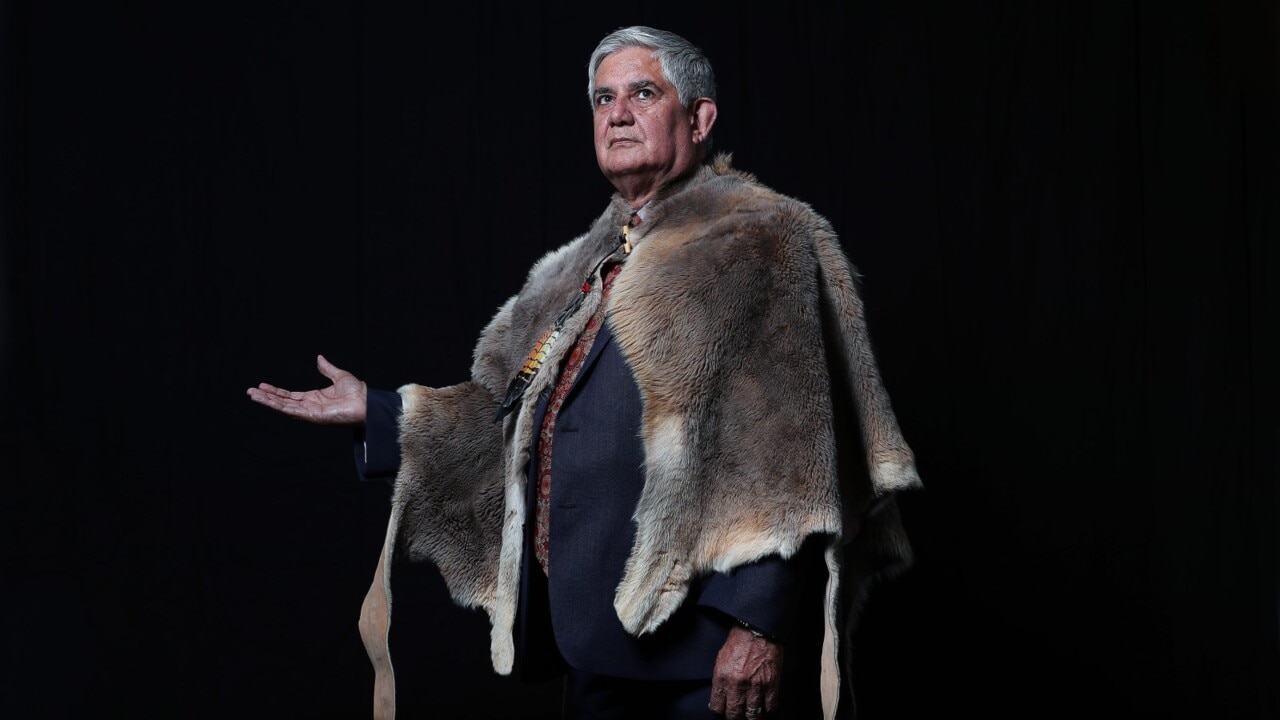
While Dutton has misrepresented the voice and has a flawed approach to recognition and reconciliation that not even the No campaign supports, he has misread the national mood. The voice has support from churches and faith groups alongside charities and sporting codes plus businesses, unions and community groups. All premiers and chief ministers support the voice, including Tasmanian Liberal Premier Jeremy Rockliff.
The Liberal Party will get no credit if the referendum is carried and will be partly blamed if it is rejected. If the referendum is carried, Dutton will be humiliated and his party’s view ignored. If the referendum fails, Dutton and his party run the risk of being blamed not just for their opposition but because they have systematically undermined it at every step.
Albanese is right to proceed with the referendum. “If not now, when?” he asks. The PM told me last year that he would put the referendum whether or not there was bipartisanship. But unlike the republic referendum 24 years ago, the PM will be advocating this change. There is cause for optimism that the voters will see through Dutton’s degenerate political tactics and vote Yes for a new era of reconciliation and recognition.


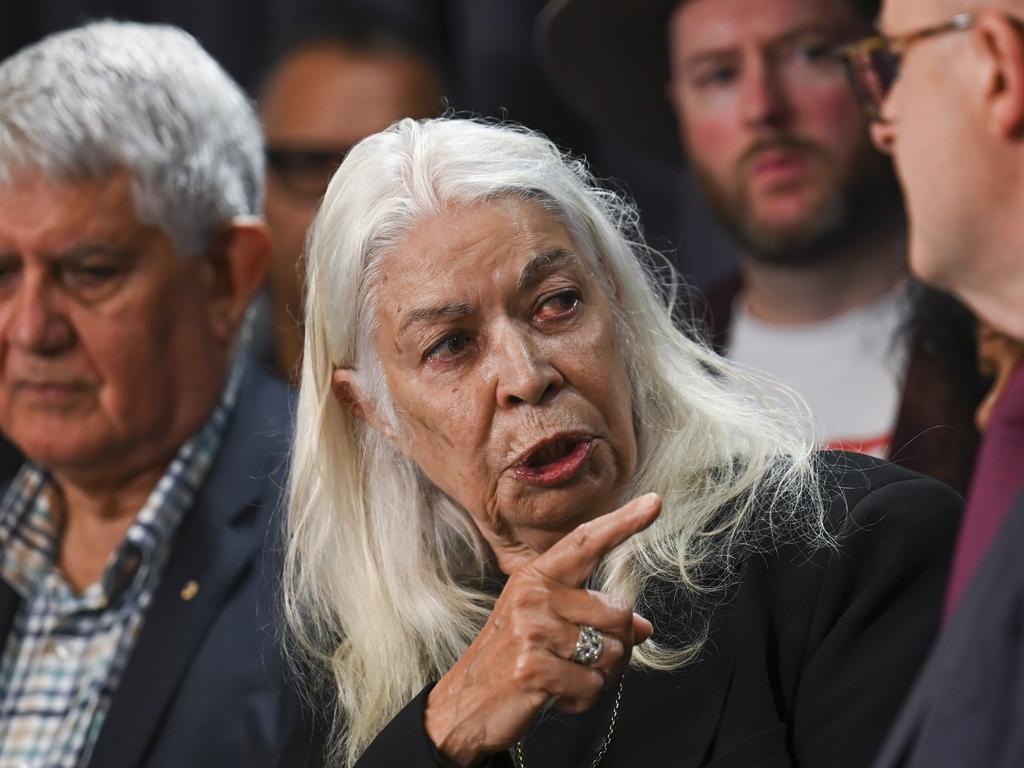
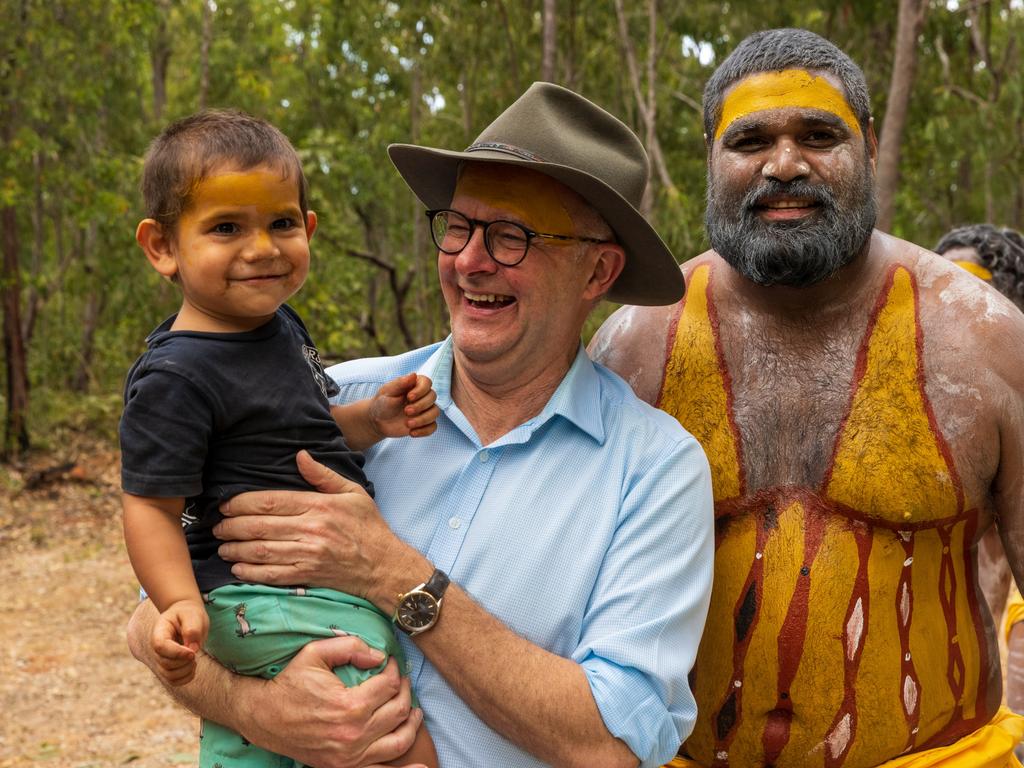
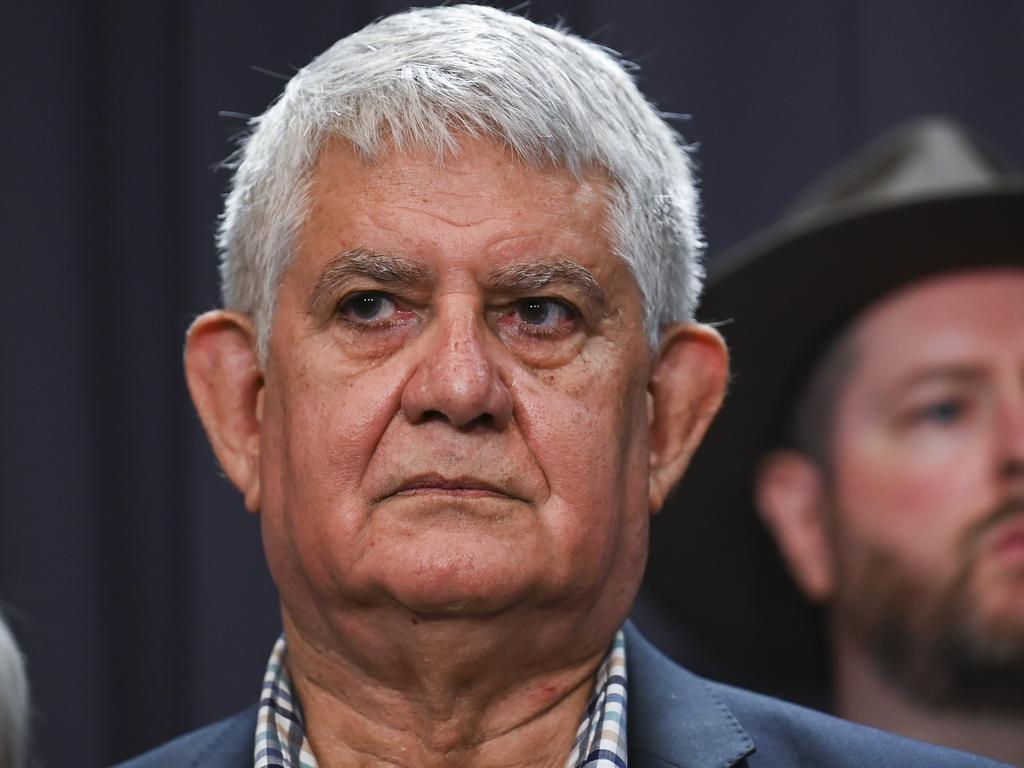


The Liberal Party was never going to support the Aboriginal and Torres Strait Islander voice. In the six years since the Uluru Statement from the Heart was issued, the party has systematically rejected it and undermined it, and spurned the invitation to walk with Indigenous Australians on a journey of reconciliation.